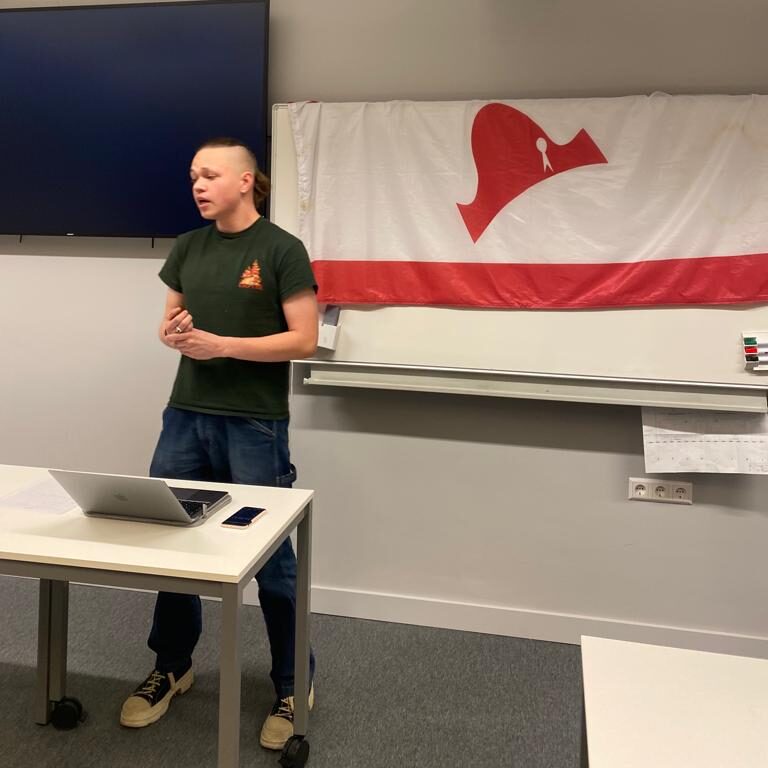“… a mind needs debate as a sword needs a whetstone, if it is to keep its edge.”
– Tyrion Lannister
Okay fair, we may have slightly adjusted the quote from Game of Thrones, but it's no less true. Debates are incredibly challenging: you need to think quickly, communicate clearly, and be able to put yourself in the opponent's shoes. If you do all that well, you win. And otherwise you learn something for the next debate.
At Bonaparte, we engage in "debate sports," although it has little to do with physical exercise. Essentially, it means that each debate is a competition, and we are not looking for compromises or actual policy. We are looking for a winner and thus for the team who is best at proving their points.
There are countless formats in which debates can be held, but at Bonaparte, we focus on three of these formats. These are American Parliamentary (AP), British Parliamentary (BP), and Eloquentia.

American Parliamentary
In American Parliamentary debates (also known as AP), there are two teams of two speakers facing each other. Both the team of the proposition and the team of the opposition give three speeches, making a total of six speeches. During the speeches, you cannot interrupt each other.
In the first four speeches, the teams present their arguments. They also rebut the arguments of the opposing team and provide clear context for the debate.
The last two speeches are slightly different: the first speaker comes forward again and concludes the debate. They explain once more why their arguments were strong and what logical steps the other team missed.
The speaking times vary per evening and tournament, but usually, the constructive speeches are five minutes, and the concluding speeches are three minutes. Speakers cannot proceed entirely undisturbed, as opponents may offer Points of Information (POIs).
During a POI, someone stands up to ask a question of about 10 seconds. However, the speaker can decide whether the POI is allowed or if the questioner should sit down again. This way, you get more interaction in the debate!
This is a brief overview of AP debates. If you want to know everything, read these regulations. If you find that too long and boring, you 1) are right and 2) have a good reason to come to our evenings. We will gladly explain it clearly and concisely there.

British Parliamentary
In British Parliamentary (BP), four teams of two speakers participate. Two teams are for the motion, and – you guessed it – two teams are against it. At the end of the debate, one team wins. This means that debaters not only need to have good arguments but also need to clearly distinguish themselves from the other team on their side.
The first four speeches proceed just like in AP; two teams of two speakers exchange their arguments. Then the fun begins, as we arrive at the second half. They must provide an "extension," which means they need to use different arguments.
An example? Suppose the motion is "The death penalty should be introduced." The first team of opponents may explain that innocent people often get executed. The second team must distinguish themselves from that and therefore use other arguments, such as that it is morally wrong to kill people.
For BP as well, the debate association has made this particularly attractive set of rules. A much better idea is to come by in the evening; we will explain it and you can try it out.

Eloquentia
The Eloquentia format can be found here.